The one thing humans hate more than intolerance is other humans. When two or more humans are left to their own devices, conflict arises. More often than not, the result is all out war, which is an organised confrontation of two or more professional armed forces for the purpose of deciding who’s side God is on. To the victor goes the spoils, while the loser must complete a forfeit. In the event that God supports both sides equally, a winner is decided using the Duckworth-Lewis method.
“In war, there are no winners.” - A wise loser
Obviously, no individual human has reason to go to war by itself, so humans clump together in groups called ‘nations’. As nations, humans are greater than the sum of their parts and are more motivated to get the ball rolling conflict-wise. Nations have plenty of reasons to go to war. A nation may fight for,
truth,
justice, and/or
the American way.
For warmongering non-Americans who have neither truth nor justice on their side, there are still plenty of ways to declare war on anyone within your arms’ reach. Also, all nations find war useful for maintaining command and control of their own populations, so the international community does whatever it can to help potential belligerents declare war. Any human nation can quickly and easily justify its war with a standard UN-413 Application for Justification Of Armed Conflict form from the United Nations.1
War is made possible by the differences humans perceive between themselves and other humans. Humans always take a dislike to people who don’t talk like, look like, think like or like them. If humans ever noticed their similarities and how much they look like each other, all conflict would cease and enemies would have more free time to paint, write, have coffee with friends or read a good book.2
If two hated enemies forgoe reading and still engage in war, it will undoubtedly demonstrate that a human always becomes the thing it hates most. A human that hates is obsessed with the object of its hatred. In its hatred it becomes as terrible as the thing it hates. For example, Superman could only stop violence with violence. To avoid becoming like its hated enemy, a human is advised not to hate its enemy in the first place.
White power is an advertising cliché attached to cleaning products that are effective at removing stains and making white clothes appear whiter.
Noticing how popular white clothes are with the public, niche interest groups have adopted the term in an attempt to be associated with the positive aspects of cleanliness and purity the term white power suggests. This has drawn these groups into debates about racism due to the interpretation of white power as a racist statement.
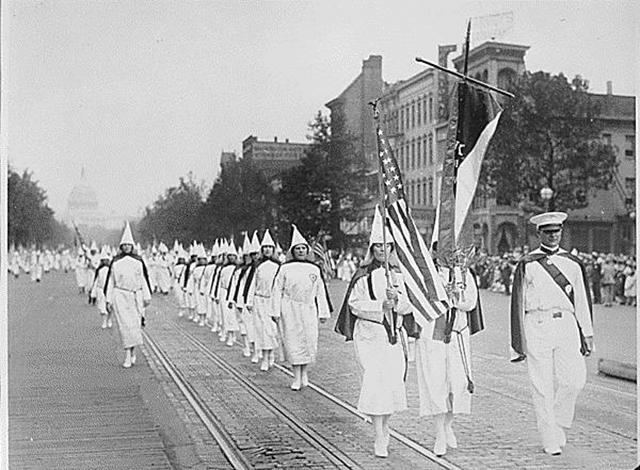
An extreme example of laundering excellence gone awry is the White Australia policy. This was a general policy held by Australian governments from around 1900 to the mid-1970s that privileged white immigrants above non-white immigrants. Laws were created to keep Australia whiter than white. However, the benefits to laundering were outweighed by the costs in racism, and the policies were dismantled throughout the second half of the twentieth century.

A human’s worst enemy, apart from Germany, is laziness.3 Without active resistance to cheeseburgers, chocolate and cigarettes, a human will find itself on the slippery slope to heart disease, lung cancer, diabetes, death and elasticated pants. These inevitabilities can only be avoided with concentrated effort, which is known as willpower.

Other species do not possess willpower but have no trouble giving up smoking. Scientists cannot determine how plants and animals get anything done without the conscious effort humans require. Current theories suggest either that willpower is a meaningless concept humans would be better off without, or that some kind of magic sprite does the difficult mental work for all non-human species. If the latter case is proven correct, overweight humans can expect to see lab-grown sprites in diet shake form early next year.
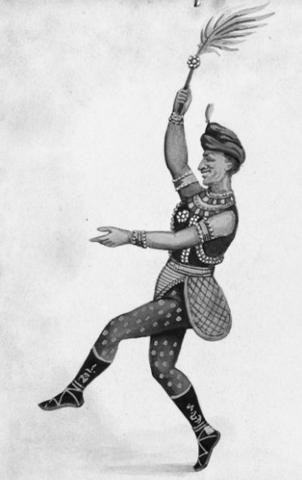
It is possible that willpower is a by-product of the triumph of the ego. An egoic human, who believes its thoughts create the world, would naturally believe it can only achieve something by thinking it into existence. Therefore, the willpower to constantly think something is required to make that something a reality. This does raise the question of how the world existed before human thought? The simple answer is, it did.
Wherefore art thou?4
Not to be confused with the far more rad idea of women’s surfage, women’s suffrage is the rights of women to vote and stand for election. Around the end of the 19th century, women fought for and won these rights in the United States, parts of Europe, Australia, New Zealand and the United Kingdom. Since then, women have gained the right to vote in many more countries, and in 2007 they were finally permitted to enter and vote on The X Factor.

Worry is how a human brain alerts its human to potential future dangers. Being alerted, the human is prepared to meet any danger that actually happens. Potential dangers include,
alligators,
sharks, and
dying alone with no one to care for them.
Humans are busy and have no time to worry during the day. The brain gets around this problem by doing its worrying at night when the human is wasting time sleeping. All humans have experienced sleepless nights worrying about dying alone or potential alligators.

Often, one worry leads to another, which leads to another. A human worrying about being chased by an alligator into the ocean leads to the worry of a shark attack, which leads to the worry of losing a loved one, which leads to the worry of dying alone with no one to care for them.
Also common is a single worry that will not go away because the human refuses to confront it and contemplate its consequences. By confronting the worry, and seeing it through, the worry is defeated.
“An alligator attack would lead to a hospital stay, which would lead to meeting a handsome doctor, which would lead to a wedding, which would lead to a long happy life, which would lead to death (possibly alone).” - A worrywart
By seeing its worries through, a human will discover that the end point for all worries (and all things) is death. With all worries leading to death the uncertainty is removed, so there is no need to worry.
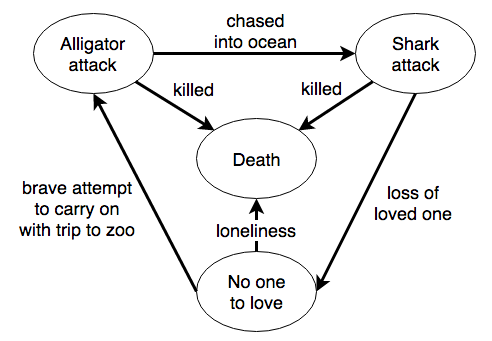
Writing is the method of leaving meaningful marks on a material for the purpose of later misinterpretation by a reader. For example, this book. Modern writing systems have developed so they now capture almost all the meaning of spoken language. Older systems were simplistic, so could only communicate simple messages. For example, Egyptian hieroglyphs could only communicate messages about birds, reeds and water.

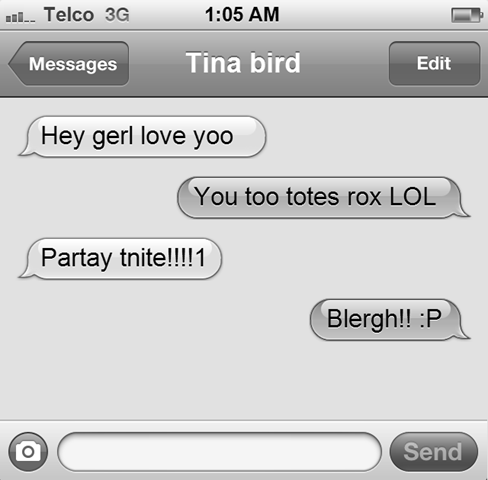
The first recorded writing is Cuneiform, which originated nearly four thousand years before Christ. Prior writing systems may have existed but failed to make an impression because reading had not been invented yet.
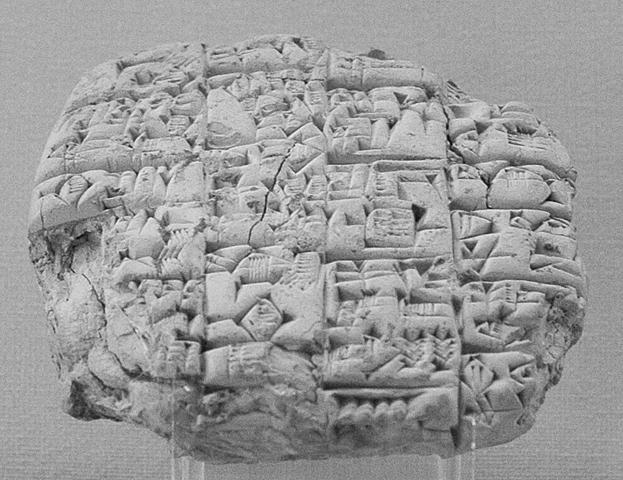
Despite the lack of anything interesting to say, humans have continued writing through the ages. Their writing has ascended to an art form, which now includes the penning of books, essays, movies, plays and status updates. Within these genres, humans have created many examples of great writing. The complete list is shown here for completeness.
War and Peace by Tolstoy
Great Expectations by Charles Dickens
The Human Condition by Cameron “shameless self-promoter” Davis
“To be or not to be, that is the question.” - @TheRealShakespeare
UN-413 Application for Justification Of Armed Conflict
How to fill in your application for a driving license (D1) by the Driver and Vehicle Licensing Agency
Top Gun: The novelisation of the hit movie, Top Gun.
A blank UN-413 form is included in the back of this book for you to declare war at your convenience.↩︎
The author can recommend The Human Condition by Cameron “right as always” Davis.↩︎
Shouldn’t your worst enemy be your best friend?↩︎
It should be noted that wherefore does not have the modern meaning of where. Rather, it translates into modern English as why. Therefore, when Juliet asks “wherefore art thou, Romeo?” she is asking, “why are you, Romeo?” or “why do we have to be in love when our families will never allow us to be together, Romeo?” This must lead the reader to the conclusion that the single joke of this otherwise empty section doesn’t survive rigorous, linguistic examination. For this gaff, the author offers an unconditional apology and refund, store credit only.↩︎